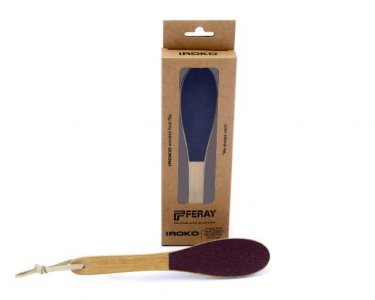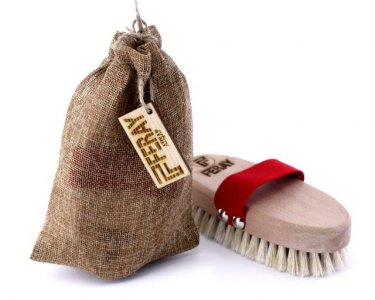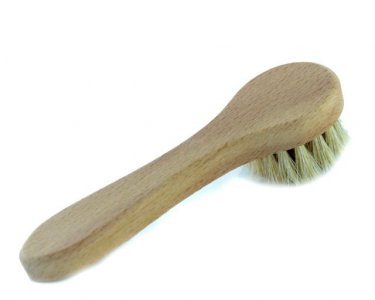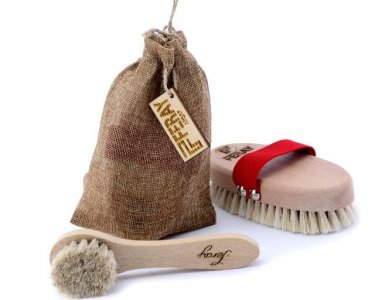Couldn't find the product you want?
Fill out this form to request the product.
Export from Turkey
Turkey has the world's 17th largest GDP. The country is among the founding members of the OECD and the G-20 major economies. Turkey's largely free-market economy is increasingly driven by its industry and service sectors, although its traditional agriculture sector still accounts for about 25% of employment. An aggressive privatization program has reduced state involvement in basic industry, banking, transport, and communication, and an emerging cadre of middle-class entrepreneurs is adding dynamism to the economy and expanding production beyond the traditional textiles and clothing sectors. The automotive, construction, and electronics industries are rising in importance and have surpassed textiles within Turkey's export mix.
Turkey has a sizable automotive industry, which produced over a million motor vehicles in 2012, ranking as the 17th largest producer in the world. Turkish shipbuilding exports were worth US$1.2 billion in 2011. The major export markets are Malta, Marshall Islands, Panama and the United Kingdom.
Other key sectors of the Turkish economy are banking, construction, home appliances, electronics, textiles, oil refining, petrochemical products, food, mining, iron and steel, and machine industry.
Turkey major exports are textiles, clothing, cars, iron and steel, refined petroleum, raw iron bars, vehicle parts, delivery trucks, chemicals and pharmaceuticals. Turkey is also one of the leading shipbuilding nations.
Turkey's main export partners are Germany, Iraq, UK, Italy, France.
Import to Turkey
The economy of Turkey is defined as an emerging market economy by the IMF. Turkey is among the world's developed countries. Turkey is also defined by economists and political scientists as one of the world's newly industrialized countries. The country is among the world's leading producers of agricultural products; textiles; motor vehicles, ships and other transportation equipment; construction materials; consumer electronics and home appliances.
The EU accession process has been a significant anchor for reforms in Turkey, but progress has slowed in recent years. The EU is Turkey’s largest economic partner, accounting for around 40 percent of Turkish trade. Turkey has benefited significantly from deepening integration with the EU through the growing sophistication of both exports and imports and access to financing.
Turkey imports mainly machinery, chemicals, semi-finished goods, gold, scrap iron, fuels and transport equipment.
Main import partners of Turkey are Russia, China, Germany, the US, France, South Korea.
Buy Beauty Supplies Online
Export Portal features a broad array of beauty products and accessories for a whole range of looks: bold and bright lipsticks, simple and toned-down palettes, soothing face moisturizers, luxurious shampoos, and many more. Boost your beauty with an eye-catching lipstick or change your hair color to accentuate your style. Pamper yourself with our best-selling beauty products; you can even gift them to your friends and family!
Finding the Right Beauty Products
Export Portal's beauty supply offers a wide selection of products, including makeup items, perfumes and fragrances, skin and hair care, and products from the men's line as well. We also carry some of the world's top brands like MAC, Covergirl, Lancome, Bobbi Brown, Suave, The Body, Nivea, Eucerin, and Vidal Sasson.
Our Beauty Supply Department works to enhance your natural beauty through both skincare and makeup products. You can protect your skin against wrinkles with anti-aging and clinical-strength lotions or bring more color to your face by using our voluminous mascaras and striking lip maximizers. But we don't offer products only for the face. We also sell hair serums to give your hair extra shine, lotion bars and natural deodorants to make sure you smell fresh throughout the day while caring for the environment, and hand sanitizers to keep you covid-free. We even have night creams to increase skin elasticity and Starter Kits for those who can't risk going to the nail salon right now. And these kits are much less expensive too! Stay clean and get ready for any occasion with Export Portal.
Shop with Export Portal
Make our site your go-to online shop for all your beauty needs. You can never have enough beauty products. Shop bulk beauty supplies only on Export Portal today! But make sure to hurry before we are all sold out.
Customs requirements of Turkey
Turkey Customs Contacts
Website: http://www.turkeycustoms.net/
E-mail: info@turkeycustoms.net
Address: Maslak Ayazağa mah. Dereboyu sok. Sun Plaza Kat 13, No: 25, Şişli, İstanbul, Türkiye
Telephone: +90 212 444 12 37
Fax: +90 212 366 58 02
Turkey is a contry situated in Eurasia, mainly on the Anatolian peninsula in Western Asia, with a smaller portion on the Balkan peninsula in Southeast Europe. It is bordered by 8 countries: Syria, Iraq, Iran, Armenia, Azerbaijani exclave of Nakhchivan, Georgia, Bulgaria, and Greece. It is also bordered by the Black Sea, the Mediterranean Sea and the Aegean Sea. Turkey is a member of the UN, NATO, a founding member of the OECD, OSCE, OIC and G-20. Turkey is also an associate member of the European Economic Community and the EU Customs Union, as well as an applicant to the European Union. The country's location between Europe and Asia makes it strategically important.
Tariffs
Tariffs on imports from non-European countries are approximately 3% above European Union rates, but vary on a product-by-product basis.
A Value Added Tax applies in Turkey irrespective of the country of origin. For most agricultural products (basic food) VAT ranges from 1% to 8% and for some processed products can reach up to 18%.
Capital goods, some raw materials, imports by government agencies and state owned enterprises and products for investments with incentive certificates are exempt from import fees. Import duties are calculated on the Cost, Insurance and Freight (CIF) value.
The government has adopted the EU's common external trade standards, so customs tariffs and duties (with a few exceptions) are equal to those of the EU. Turkey's weighted rate of protection for imports of non-sensitive industrial products is zero for items originating in the EU and European Free Trade Association (EFTA) countries.
Some agricultural goods will remain protected by steep tariffs. When the EU applies further Uruguay Round reductions, Turkey's average rates for third countries will be lowered to 3.5 per cent.
Despite the EU alliance, Turkey continues to maintain various tariff and non-tariff barriers to control and restrict imports, particularly for agriculture products (including wine).
Product certification, labelling and packaging
Labelling
Special regulations apply to labelling of some items, including:
- food products
- products used by humans
- pharmaceutical products
- insecticides
Translation into Turkish is required and all industrial products must bear a registered trademark. All packages, cases and bales must bear:
- shipping marks
- numbers
- dimensions
- gross weight of the merchandise
Packaging
Packing should be strong and should guard against heat in summer, humidity in winter and possible periods of storage in the open.
Special certificates
Import licenses and phytosanitary certificates are necessary for food and agricultural commodity imports.
Methods of quoting and payment
Quotes should be in the form of an itemised pro-forma invoice, Free on Board (FOB) and Cost, Insurance and Freight (CIF). Unless instructions are given to the contrary, goods should be fully insured on the CIF value and covered for the entire journey. A letter of credit and favourable credit terms, e.g. up to 60 days, are often expected.
Documentary requirements
Commercial invoice
The commercial invoice must be in triplicate with the original certified and signed by the exporter. The exporter must endorse the original as follows: "We hereby certify that this is the first and original copy of our invoice, the only one issued by our firm for the goods herein mentioned."
It is advisable to have documents certified by the Turkish Embassy or Consulate. The commercial invoice must contain:
- description of goods
- unit price
- quantity and total amount
- net weight or number of units
- a breakdown of the total amount if the invoice covers freight charges and/or insurance is required
Certificates of origin
Two copies of the certificate of origin and three copies of the packing list is generally required. It may need to be certified by a chamber of commerce or similar body or by the Turkish Consulate in Australia.
The certificate must identify:
- the name and address of the consignor and consignee
- the nature of the goods
- the type of packing and number of packages
- marks, numbers, gross and net weight in kilograms
- FOB and CIF values together with shipping route
Bill of lading
The original bill of lading and three copies should be submitted. Details must correspond exactly with those on the commercial invoice.
Sources:
http://www.verginet.net/UserFiles/File/pusula_serisi/customs(1).pdf
http://turkishlaborlaw.com/news/legal-news/110-import-regulations-in-turkey



